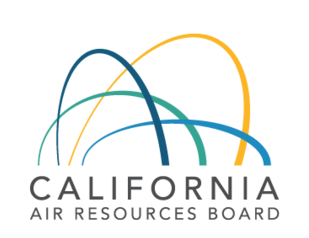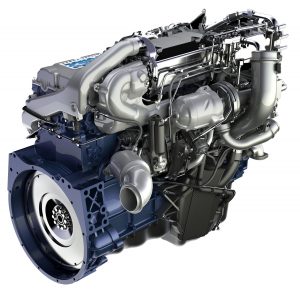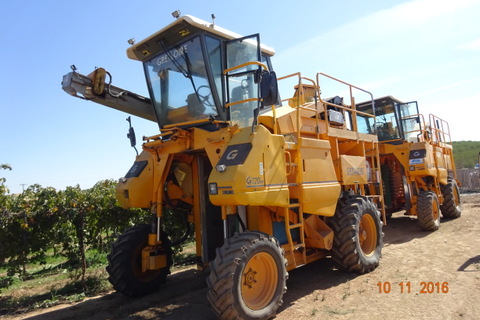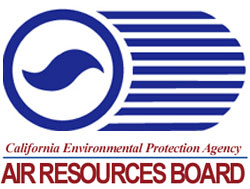SECAT (Sacramento Emergency Clean Air and Transportation Grant Program) had a banner year in 2010, closing out the application process early due to “overwhelming response” and ending its first decade with over $75 million already allocated to help replace on-road heavy-duty diesel vehicles in the Sacramento area with lower emission vehicles.
Created by California Assembly Bill 2511 to help the Sacramento region meet its air quality attainment commitments under the State Implementation Plan (SIP), SECAT is a partnership between Sacramento Metropolitan Air Quality Management District (SMAQMD) and the Sacramento Area Council of Governments (SACOG) that provides grant funds to replace on-road heavy-duty diesel vehicles that have 2002 or older engines. Participants in the program are refunded for either replacing the entire vehicle, or in some cases, the engine alone. The outcome, in either case, results in cleaner emission vehicles on Sacramento area streets and highways.
“This year was especially busy compared to past years for several reasons,” explained Kristian Damkier, Associate Air Quality Engineer with SMAQMD, going on to list “increased demand for 2010-compliant technology, CARB rule compliance deadlines, and lack of other regional funding opportunities,” as reasons. Due to these and other possible inputs, Damkier explained, SECAT “received far more applications than funding which prevented us from funding all projects.”
SECAT incentive funds are expected to be available again in October thanks to anticipated additional funding of $3-4 million from the federal Congestion Mitigation and Air Quality (CMAQ) program, with additional comparable annual funding through 2018. Since its inception, SECAT has relied on external funding to support its particulate-decreasing initiatives. In 2000, the program received $70 million; and in 2007, received additional funding from the federal Congestion Mitigation and Air Quality (CMAQ) program. SECAT anticipates receiving CMAQ funding periodically through 2018, allowing its program to continue toward its ultimate goal of air quality attainment by reducing the nitrogen oxide emissions in our air from heavy-duty vehicles to meet the 2019 federal 8-hour ozone standard.
A variety of heavy-duty vehicles are eligible for SECAT upgrades and exchanges, such as refuse trucks, delivery vehicles, cement trucks, freight-haulers, transit and school buses and most vehicles over 14,000 lbs. And while the amount of incentive funds awarded per truck depends on several factors, the money a diesel-engine owner will receive goes a long way toward making carb compliance more financially palatable.
How much of a refund can a Sacramento area diesel-engine owner expect to receive from SECAT when replacing a 2002 or older engine with a cleaner emission vehicle? According to information on their website funding varies from $40,000 – $100,000, depending on compliance-year achieved, NOx reductions, or number of compliant trucks involved in the purchase.
A recent recent story in Sac Press by Tony Sheppard referenced a Forbes list placing Sacramento at sixth place for short-term particle pollution in a metropolitan area. SECAT, with the cooperation of local on-road heavy-duty diesel vehicle owners and operators, is working hard to change that.
Jack Young
NorCal Valuation




